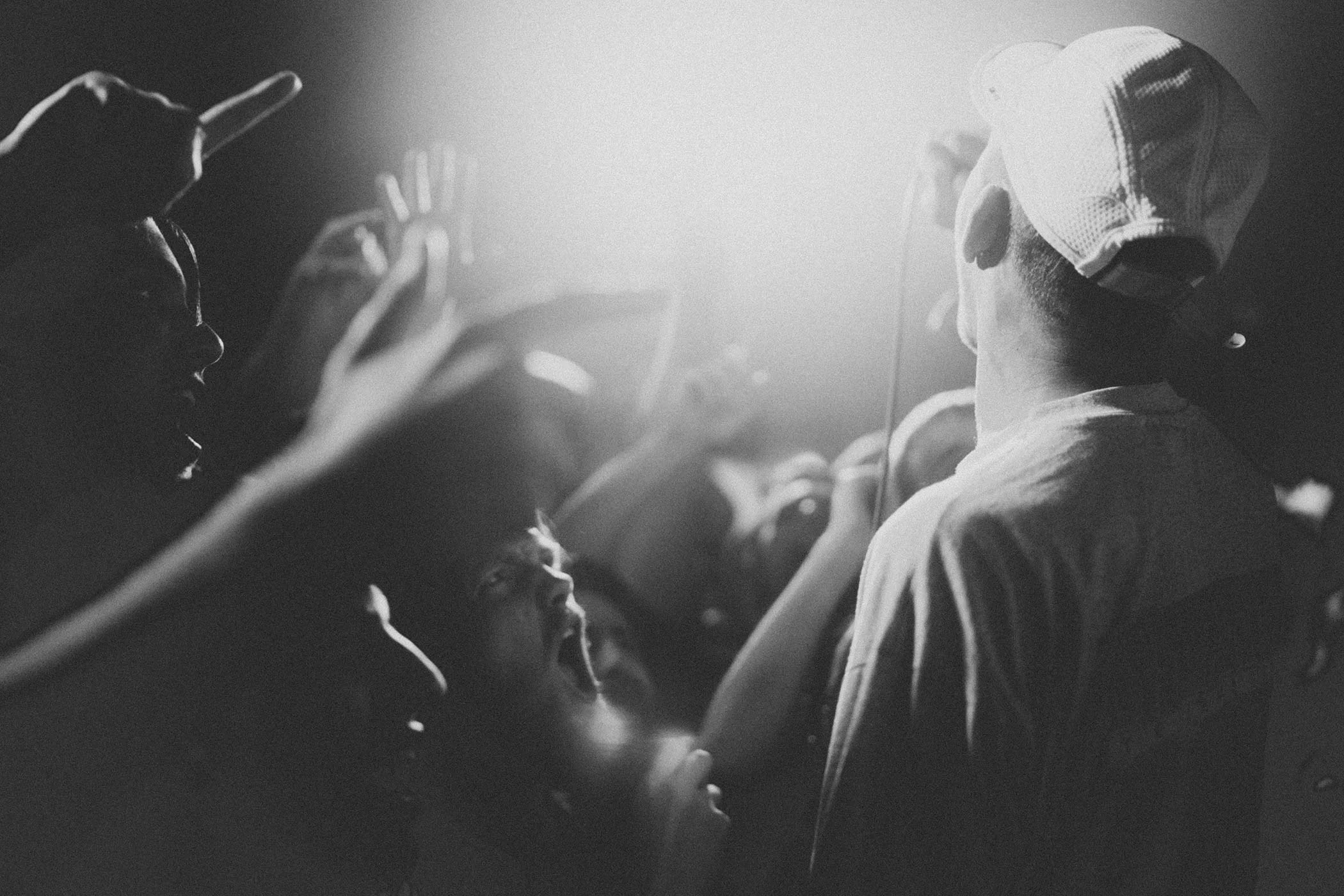Forgiven People Forgive
Remember Riley Cooper? In 2013, Cooper, a wide receiver for the Philadelphia Eagles, used a racial slur (yes, that racial slur) while claiming that he wanted to fight all of the Black people at a Kenny Chesney concert. Cooper is White. And the entire tirade was caught on video.
Cooper apologized—immediately and profusely—but it’s not the quality of Cooper’s apology that’s interesting, it’s the reaction of Cooper’s teammates to the apology.
Two very different reactions from two different teammates (both Black) illustrate very powerfully some very famous words of Jesus: “those who are forgiven much, love much.”
The first reaction to Cooper’s apology came from his Quarterback, Michael Vick. You remember Vick? The Quarterback who spent nearly two years in prison for running an illegal and deadly dogfighting ring? Vick said, “As a team, we understood because we all make mistakes in life and we all do and say things that maybe we do mean, and maybe we don’t mean…that’s what makes it easy, and at the same time, hard to understand. But it’s easy for me to forgive him.”
On the other end of the spectrum was LeSean McCoy, the Eagles’ star running back (He now plays for the Buffalo Bills): “We’ve been friends for a long time. But in a situation like this, you really find out about someone. Just on a friendship level, I can’t really respect someone like that. To hear how he really came off, that shows you what he’s really all about.” (McCoy has since come to publically regret these comments.)
Notice that where Vick said “we,” McCoy said “he.” Michael Vick put himself in a category with Riley Cooper. While LeSean McCoy sought to distance himself from a former friend, Michael Vick put himself next to the accused.
The difference between Vick and McCoy? Twenty-one months in a federal penitentiary and a deep knowledge of what it feels like to need forgiveness—privately and publically.
My friend Jean Larroux once said, “If you are not the worst sinner you know, you don’t know yourself very well.” The truth is, we tend to be very good lawyers when it comes to our own mistakes, but very good judges when it comes to the mistakes of others.
Judgmentalism flows from a posture of believing that “he/she is worse than me.” Sadly, to the extent that we ignore (or are blind to) our own sinfulness, we will be unable to care for other sinners. We will be unable to extend forgiveness to others until we are honest about the extent to which we are forgiven. Ungracious people are those who haven’t come to grips with their own dire, daily need for grace.
What I have discovered is that the more aware I am of my own sin, the more willing I am to forgive. The less aware I am of my own sin, the less willing I am to forgive. The most forgiving people are those who are coming to daily, deeper terms with their own need for forgiveness.
“I tell you, her sins—and they are many—have been forgiven, so she has shown me much love. But a person who is forgiven little shows only little love.” (Luke 7:47 NLT)





